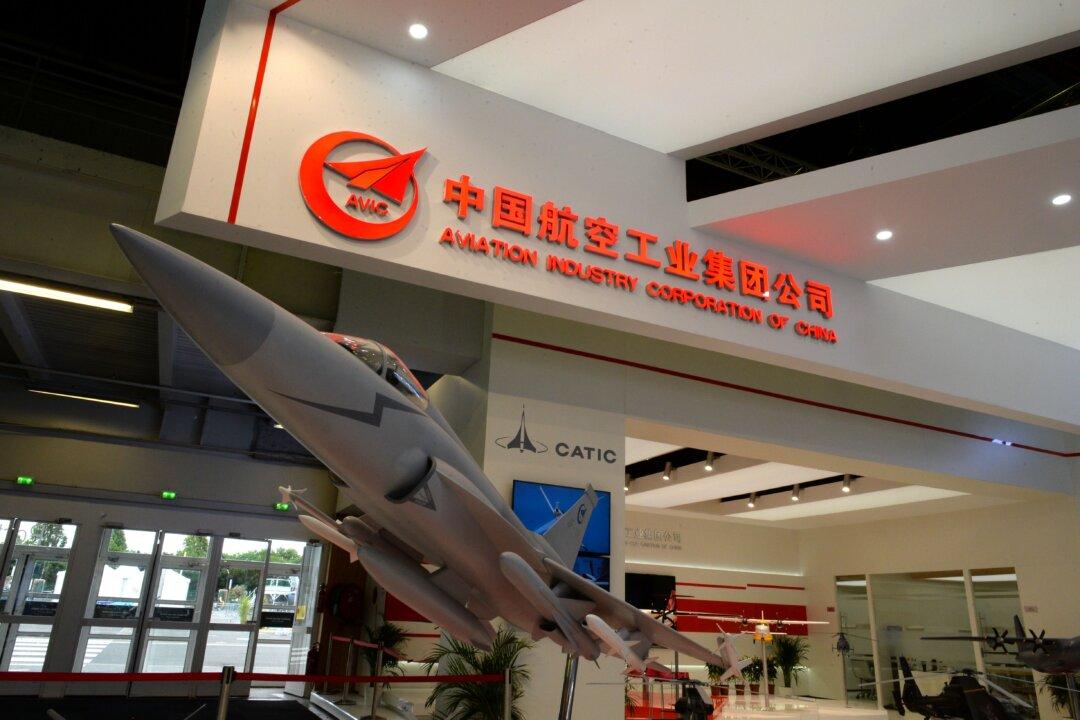U.S. state and local governments have provided about $1.7 billion in subsidies to Chinese companies since 2010, a trend that must be reversed, said Robert Atkinson, president of Washington-based think tank Information Technology and Innovation Foundation.
“The official U.S. policy is to try to slow down China because they’re playing unfairly, if you will. So here we’re trying to slow down China, but at the same time, state and local governments are providing subsidies to speed up China,” Atkinson said in a recent interview with NTD.





